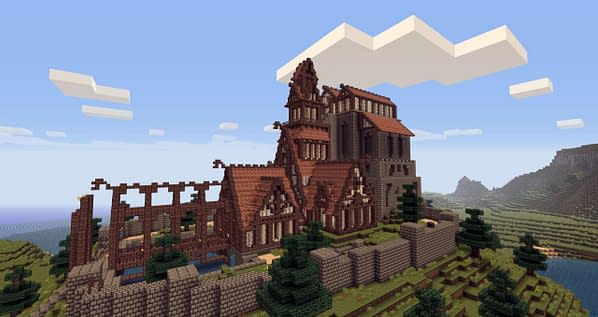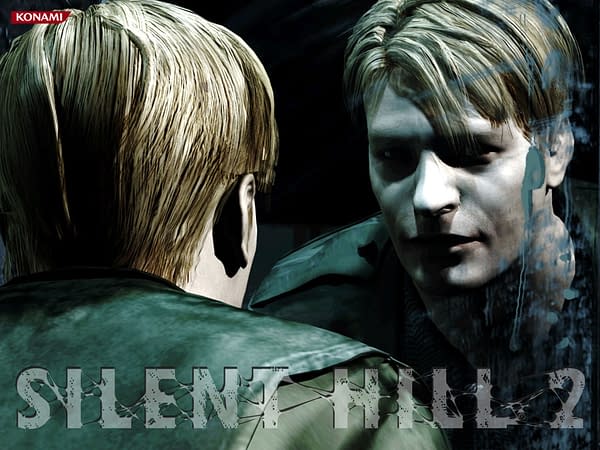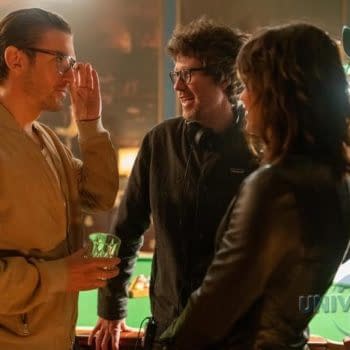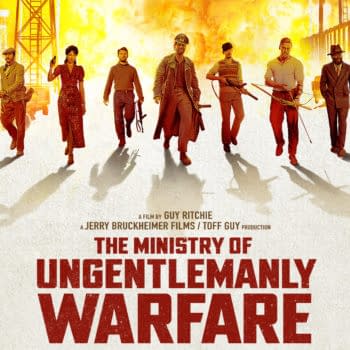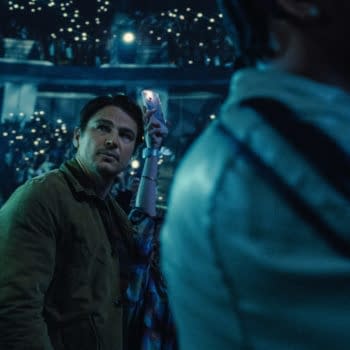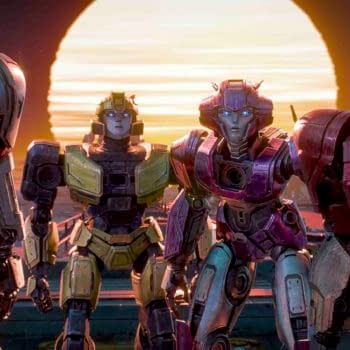Posted in: Movies, Recent Updates, Video Games | Tagged: bioshock, christophe gans, Comics, entertainment, film, minecraft, multi-media, silent hill, the last of us, uwe boll, video games
From Game To Film – Are We Losing Our Adventures?
By Phil Harris
With last week's announcement that The Last of Us was to get the movie treatment a larger portion of the gaming community groaned. This, coupled with the suggestion that Minecraft would also take the trip to the silver screen simply added to the incredulity. But why shouldn't the practiced auteur of Hollywood be able to make a successful movie of a game? The roots of the issue lie in the experience itself but are also rooted in the potentially mythical chalice of the multi-media event that both crave.
Movies have already generated some truly terrible game spin-offs: The main reason being that development times between movies and games are significantly different. This does not mean all movie tie-ins are bad but they are certainly few and far between and work best when the game company is not tied down to follow the movie plot, like Spider-Man 2. This allows the game developers to utilize the freedom of the franchise and explore the game play options they feel best suit the engine they are using and the facilities they have to hand.
In fact, exploration is the key to why games do not make good movies. This simply does not relate to video games either, there are Dungeons and Dragons movies out there too – avoid. What is unique about game is the agency is given to the participant. The way we interact with the two mediums is truly different and whilst each may trigger different emotional experiences within those watching, in games you can actually do something with those emotions. You can see supporting characters die and take vengeance, choose whether to be stealthy or up-front in your actions and you can become the hero, or villain.
In the game Bioshock you are given the choice to cure or kill children who hold an energy vital to your survival. Whilst many will choose to cure, the kill option changes the way you play the game and ultimately the final outcome. If the game became a movie I wonder which path Hollywood would take?
Another issue is the mere scale of things. The Last of Us does not have the branched stories of other games but does have a lengthy plot concerning loss and how we cope with loss. This story takes several hours to complete and draws the players into its significant depth and complexity, something which would be impossible to recreate on the screen. The game characters, actions and voices are also ingrained on the players and, as with watching film adaptations of your favorite comics, unless they hire those self same actors nothing will feel quite right.
Minecraft, in all its beauty, is a game which allows creation and where the limitations are set by the person playing and their own capabilities. It has seen teams of people work together to create marvels on the screen and, even if you consider the shame that it appears more players are watching videos of people creating things in Minecraft than actually going and doing it themselves, the root of the game is freedom of expression. You simply wonder how Hollywood can recreate that without making something insipid, something which hardly relates to the experience the game designers originally wanted people to have.
Looking back on films that have previously tried to make the transition we have the risible Tomb Raider movies, which failed to capture the complexities of the investigations Lara Croft undertakes and the feeling of one woman alone. The Wachowski's brave Enter the Matrix, a game set between the second and third movies in the Matrix trilogy, only available on limited devices and creating plot holes in the third instalment for those who had not played, which was most of the cinema audience, and Christophe Gans Silent Hill which deserves special mention.
In Silent Hill Gans has obviously foreseen the issue of players identifying with what is on screen. Merging parts of the Silent Hill and Silent Hill 2 games in the starting third of his film he really creates the feel of the game but, because he is so accurate, what is left is a beautiful rendition of those sequences which adds zero horror or shock to the regular player because they know what is about to happen.
Game auteurs may be wondering why the ubiquitous Uwe Boll has not been mentioned until now and he deserves recognition in any article concerning films of games, as he has certainly created the most. Each has been a tawdry affair though, with Boll managing to sterilise the experience in each franchise he has butchered. Far Cry is simply dull, Alone in the Dark lacks tension and horror and his Bloodrayne series develops the action of the game by having groups of people talk about the exciting battles around a camp fire, with a red filter applied to the screen – ooh, special effects.
Are films of games impossible then? Simply said, "No!", but both the whole multi-media experience needs to be considered from inception and developed out in that way. The Last of Us provides a rich world where numerous other stories could be told and development along these paths, rather than potentially butchering a story that is already well loved by so many game players, would be acceptable and worthy of the game.
With game and cinema being such different experiences the idea of cross media integration seems distant. The game and TV series Defiance tried to address this issue, with some success, but it still expects the person to engage with more than one medium and although the views of games in the general media are changing quickly over time there is a long way to go before enough people can dedicate their time and energy to this.
I'll be considering games and the multi-media potential they have in future articles.
Phil Harris (@PhilipGHarris) is a games developer who is currently working with One Thumb Mobile on their MMORPG Celtic Heroes and with Pyre Studios on a number of their tabletop game projects. He also writes for Pixels for Breakfast.



